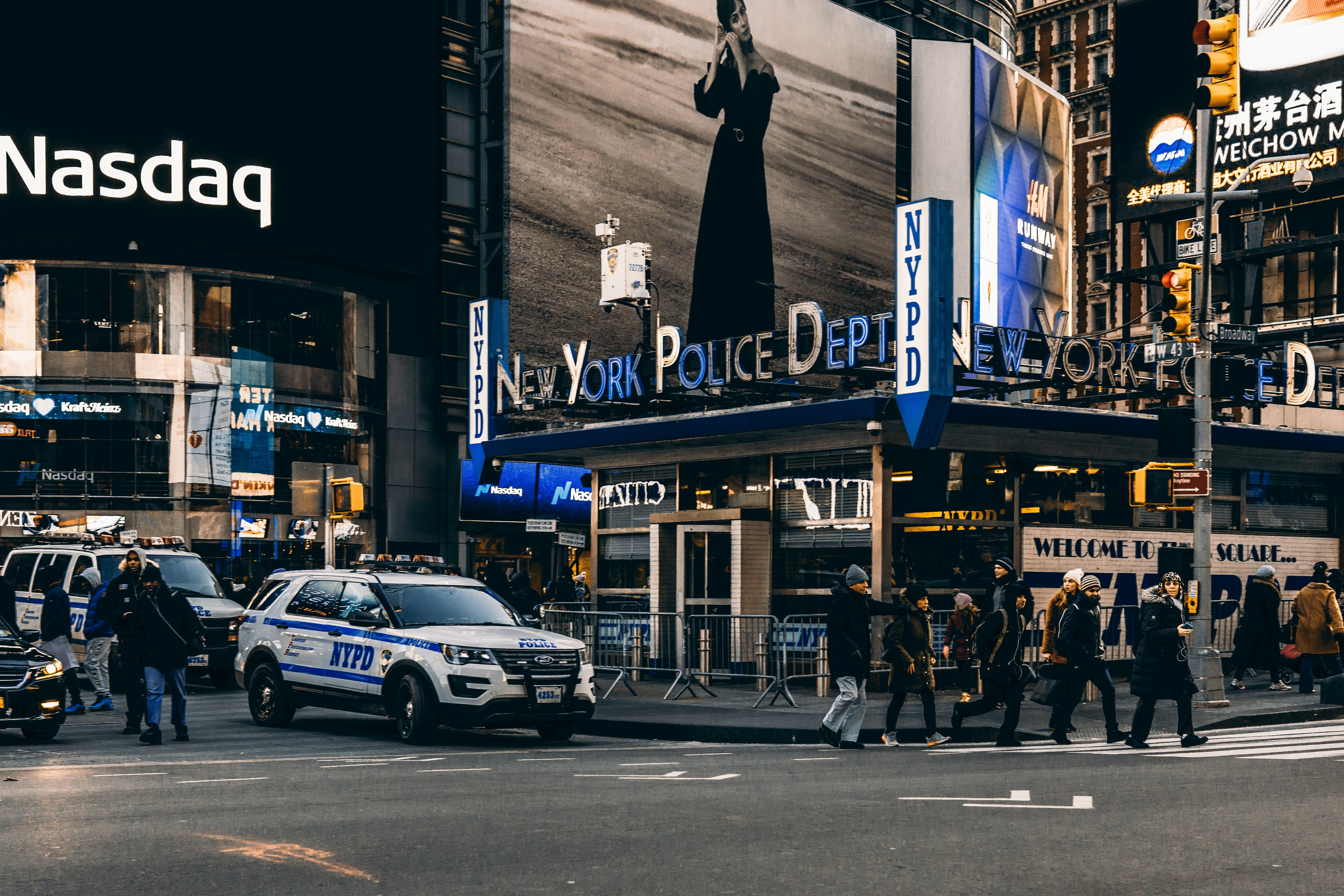Police officers in America have long been overworked, and maybe more so than ever this year. Long hours on the job, along with the accompanying stress, often lead to sleep issues. For law enforcement officers, not getting enough sleep can have deadly consequences.
What is fatal fatigue?
In a recent Policing Matters podcast, Dead Tired: Fighting Fatal Fatigue in Law Enforcement, host Jim Dudley (a retired San Francisco Deputy Police Chief) discusses the connection between sleep deprivation and police performance with research experts. Washington State University Assistant Research Professor Dr. Stephen James says, “When it comes to the stresses that law enforcement are under today, we need to be absolutely mindful that there are limits to human performance — there are limits to the amount that humans can deal with and perform adequately and safely.”
This is absolutely true, and it’s why sleep deprivation can be so dangerous for officers. Everyone needs to sleep in order to function properly. Sleep disruption has a number of factors, but strenuous hours and extreme stress are definitely high on the list. When sleep deprivation reaches a certain point, it can have the same impairing effects as drinking alcohol. For police officers, making a sleep-deprived error can be a matter of life and death — whether it’s someone else’s or their own. Hence, the term fatal fatigue.
How can law enforcement agencies prevent fatal fatigue?

One of the biggest causes of fatal fatigue is overworking, and in 2020 we might have more officers working overtime than ever. The nature of a first responder’s duties makes practicing social distancing a difficult, sometimes impossible, task. Even with enhanced precautions, many law enforcement officers have contracted COVID-19 at work, and some have died. At one point this year, over 17% of NYPD’s police force was out sick. As a result of a diminished workforce, some police departments are working officers overtime to ensure proper coverage remains in place — meaning longer hours and fewer days off.
We know this isn’t a good approach, but fortunately, there may be a software solution to these scheduling issues. Supervisors and administrators should absolutely take advantage of law enforcement scheduling software and its built-in staffing analytics. Creating a staff schedule for a law enforcement agency is extremely complex and there’s little room for error. The right officers with the best qualifications need to be in the right places at the right times — an Excel spreadsheet just isn’t going to cut it. Smart scheduling software allows supervisors to create a safer staff schedule that adheres to anti-fatigue rules, and these schedule changes will also lower labor costs.
Could defunding the police help?
Aside from COVID-19 and its challenges, law enforcement is also under intense scrutiny this year as social unrest surrounding police brutality continues to grow. Recently, conversations about reimagining public safety and defunding the police entered the mainstream and garnered a lot of attention. Dr. Rashawn Ray, a Sociology professor at the University of Maryland, simply explains defunding the police as, “reallocating or redirecting funding away from the police department to other government agencies funded by the local municipality.” Some argue that by shifting funds (and therefore certain responsibilities) away from police officers, they would have less on their plate and feel less strained, stressed, and fatigued.
Proponents of this idea suggest shifting those funds to other social programs, like housing, education, and mental health services. Some oppose this idea, as well as stronger suggestions of total abolition, saying that officers are already strained and need more resources. Many law enforcement agencies already have massive budgets and as Dr. Ray points out, studies show that increasing police funding doesn’t necessarily relate to a decrease in crime. Other findings actually suggest that addressing the root causes of crime and investing in education and local workforces is the best solution to keep communities safe.
Police shouldn’t be expected to carry the burden of all of society’s issues. As Dr. Steven James said, there are limits to what humans can deal with. Law enforcement agencies everywhere must critically address fatal fatigue and officer wellness, one way or another, for the safety of their officers and communities.




